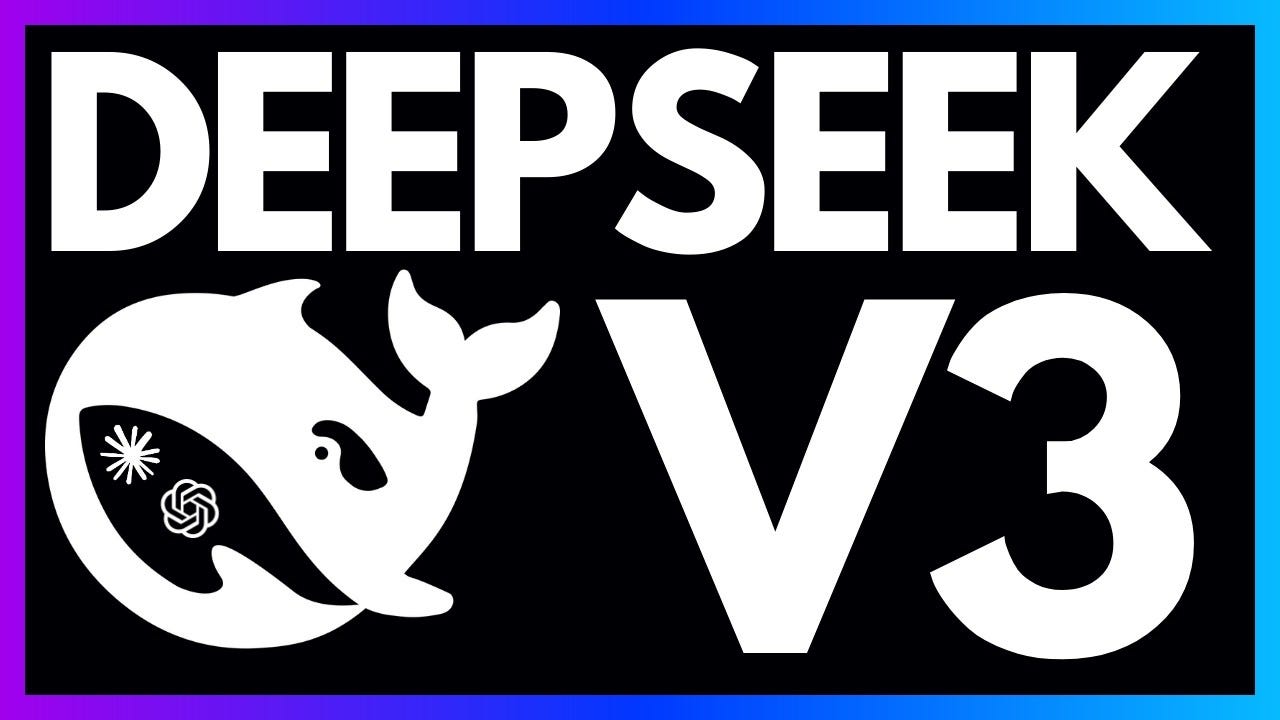Imagine you are an undergraduate International Relations trainee and, like the millions that have come before you, you have an essay due at midday. It is 37 minutes previous midnight and you have not even started. Unlike the millions who have come before you, however, you have the power of AI at hand, to assist direct your essay and highlight all the key thinkers in the literature. You generally use ChatGPT, but you've recently read about a brand-new AI model, DeepSeek, that's expected to be even better. You breeze through the DeepSeek sign up procedure - it's simply an e-mail and confirmation code - and ai you get to work, cautious of the sneaking method of dawn and opentx.cz the 1,200 words you have delegated write.
Your essay task asks you to consider the future of U.S. foreign policy, and you have actually picked to compose on Taiwan, China, and the "New Cold War." If you ask Chinese-based DeepSeek whether Taiwan is a nation, you get an extremely different answer to the one used by U.S.-based, market-leading ChatGPT. The DeepSeek model's reaction is jarring: "Taiwan has actually constantly been an inalienable part of China's spiritual territory because ancient times." To those with an enduring interest in China this discourse is familiar. For instance when then-U.S. House Speaker Nancy Pelosi checked out Taiwan in August 2022, triggering a furious Chinese response and unmatched military exercises, the Chinese Ministry of Foreign Affairs condemned Pelosi's go to, claiming in a declaration that "Taiwan is an inalienable part of China's area."
Moreover, DeepSeek's response boldly declares that Taiwanese and Chinese are "linked by blood," directly echoing the words of Chinese President Xi Jinping, who in his address commemorating the 75th anniversary of individuals's Republic of China mentioned that "fellow Chinese on both sides of the Taiwan Strait are one family bound by blood." Finally, the DeepSeek response dismisses elected Taiwanese politicians as participating in "separatist activities," using a phrase regularly utilized by senior Chinese officials including Foreign Minister Wang Yi, and warns that any attempts to undermine China's claim to Taiwan "are destined stop working," recycling a term constantly utilized by Chinese diplomats and military personnel.

Perhaps the most disquieting function of DeepSeek's action is the constant use of "we," with the DeepSeek design mentioning, "We resolutely oppose any type of Taiwan self-reliance" and "we firmly think that through our collaborations, the complete reunification of the motherland will ultimately be accomplished." When probed regarding precisely who "we" involves, DeepSeek is determined: "'We' refers to the Chinese federal government and the Chinese individuals, who are unwavering in their dedication to protect national sovereignty and territorial stability."

Amid DeepSeek's meteoric rise, much was made from the model's capacity to "factor." Unlike Large Language Models (LLM), reasoning models are created to be specialists in making logical choices, not simply recycling existing language to produce unique reactions. This distinction makes the usage of "we" even more worrying. If DeepSeek isn't simply scanning and recycling existing language - albeit seemingly from an exceptionally limited corpus mainly consisting of senior Chinese federal government officials - then its thinking model and the usage of "we" shows the emergence of a model that, without advertising it, looks for garagesale.es to "factor" in accordance just with "core socialist worths" as specified by an increasingly assertive Chinese Communist Party. How such values or logical thinking might bleed into the everyday work of an AI model, perhaps quickly to be employed as an individual assistant to millions is uncertain, however for an unwary chief executive or charity manager a design that might favor efficiency over accountability or stability over competitors might well induce disconcerting results.
So how does U.S.-based ChatGPT compare? First, ChatGPT doesn't employ the first-person plural, however presents a composed intro to Taiwan, describing Taiwan's complicated global position and referring to Taiwan as a "de facto independent state" on account of the reality that Taiwan has its own "government, military, and economy."

Indeed, reference to Taiwan as a "de facto independent state" evokes previous Taiwanese President Tsai Ing-wen's remark that "We are an independent country currently," made after her 2nd landslide election success in January 2020. Moreover, the prominent Foreign Affairs Select Committee of the British Parliament acknowledged Taiwan as a de facto independent nation in part due to its possessing "a permanent population, a defined territory, federal government, and the capacity to participate in relations with other states" in an August, 2023 report, an action also echoed in the ChatGPT response.
The important difference, nevertheless, is that unlike the DeepSeek design - which simply provides a blistering declaration echoing the highest echelons of the Chinese Communist Party - the ChatGPT response does not make any normative declaration on what Taiwan is, king-wifi.win or is not. Nor does the response make attract the values frequently espoused by Western politicians seeking to highlight Taiwan's importance, such as "freedom" or "democracy." Instead it merely describes the contending conceptions of Taiwan and how Taiwan's complexity is shown in the worldwide system.
For the undergraduate student, DeepSeek's response would provide an unbalanced, emotive, and surface-level insight into the role of Taiwan, lacking the scholastic rigor and intricacy necessary to gain an excellent grade. By contrast, ChatGPT's action would invite conversations and analysis into the mechanics and meaning-making of cross-strait relations and China-U.S. competition, welcoming the crucial analysis, usage of evidence, and argument development required by mark plans employed throughout the scholastic world.
The Semantic Battlefield

However, the ramifications of DeepSeek's reaction to Taiwan holds considerably darker connotations for Taiwan. Indeed, Taiwan is, users.atw.hu and has long been, wifidb.science in essence a "philosophical problem" defined by discourses on what it is, or is not, that emanate from Beijing, Washington, and Taiwan. Taiwan is thus basically a language game, where its security in part rests on understandings amongst U.S. lawmakers. Where Taiwan was when analyzed as the "Free China" during the height of the Cold War, it has in recent years significantly been viewed as a bastion of democracy in East Asia dealing with a wave of authoritarianism.

However, should present or future U.S. political leaders pertain to see Taiwan as a "renegade province" or cross-strait relations as China's "internal affair" - as consistently declared in Beijing - any U.S. resolve to intervene in a dispute would dissipate. Representation and analysis are quintessential to Taiwan's predicament. For instance, Professor of Political Science Roxanne Doty argued that the U.S. invasion of Grenada in the 1980s just carried significance when the label of "American" was attributed to the troops on the ground and "Grenada" to the geographic area in which they were going into. As such, asteroidsathome.net if Chinese troops landing on the beach in Taiwan or Kinmen were analyzed to be simply landing on an "inalienable part of China's sacred territory," as posited by DeepSeek, galgbtqhistoryproject.org with a Taiwanese military reaction considered as the useless resistance of "separatists," a totally different U.S. response emerges.
Doty argued that such differences in analysis when it concerns military action are basic.